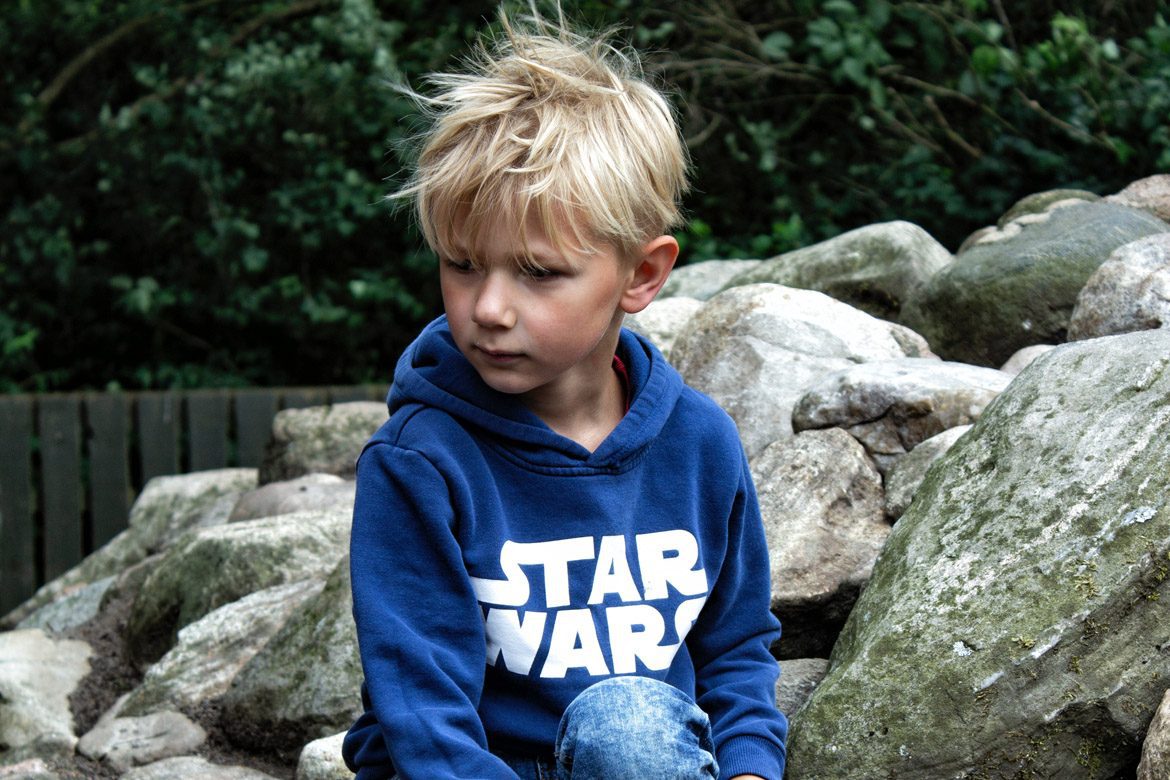The behaviours are never really the problem. The behaviours are the result of the problem, which is why behaviour management just isn’t cutting it. Understanding our child’s brain, how it works and how to care for it is the ONLY way to make real behavioural change. – Allison Davies
Let me paint a scene for you… I’m sure it’s one you’ll all be familiar with. I can guarantee that every single parent has been here.
Your child is having a full-blown meltdown. Something has happened and they’re a screaming, crying mess. Maybe they’re throwing things or lashing out at you. Maybe they’re screaming hysterically and maybe they’re telling you that they hate you. But what if I told you that your child’s behaviour is not the thing to focus on in these moments? It’s time to look past the behaviour and labelling our children as “naughty” or “non-compliant” and support them to really understand what’s causing them to act out in this way.
Behaviour is a form of communication. When our child is bringing a big behaviour to us, they’re trying to tell us about a need that hasn’t been met. If we only look at the behaviour being exhibited, we’ll miss what they’re really trying to tell us because what we see is roughly only 10 per cent of what’s actually going on for them, a bit like an iceberg.
Underneath all feelings are a set of beliefs…
Beliefs about oneself, others or the world/life can either be limiting or supportive. Every feeling that your child has comes from: 1. An attempt to get a basic need met, or 2. a core belief about whether that human need will be met or not. – Jolette Jai, Founder of The Jai Institute for Parenting
Maybe your child doesn’t understand what’s expected of them, or feels like their opinion doesn’t matter or wasn’t heard. It could be that they don’t feel safe for a number of reasons. Maybe they don’t feel understood, appreciated or that they belong. Instead of distracting your child from these emotions, we need to start to give them to space to freely express them; to allow them to be in touch with who they are and what they need.
There’s a saying that goes, “Love them when they least deserve it for that’s when they need it the most” – which is so apt in these situations. It’s easy to meet their energy with our own heightened emotions, to get angry or stressed because we don’t have time for a meltdown, embarrassed (especially if you’re in a public setting when a meltdown happens), or feel defeated because you’ve tried everything and don’t know what else to do. For parents of neuro-diverse children who may experience multiple meltdowns a day, it can be soul destroying. But reacting in these ways just puts fuel on the fire.
There have been many times that I have (and still do) felt ashamed and embarrassed by our autistic son’s behaviour, feeling alone in helping him, sometimes the professionals don’t even know what to do… so when that happens for me I know I need to support him in moving him away from the situation he’s in, give him space to come back on line (and me too). I need to take the time to truly hear him…











